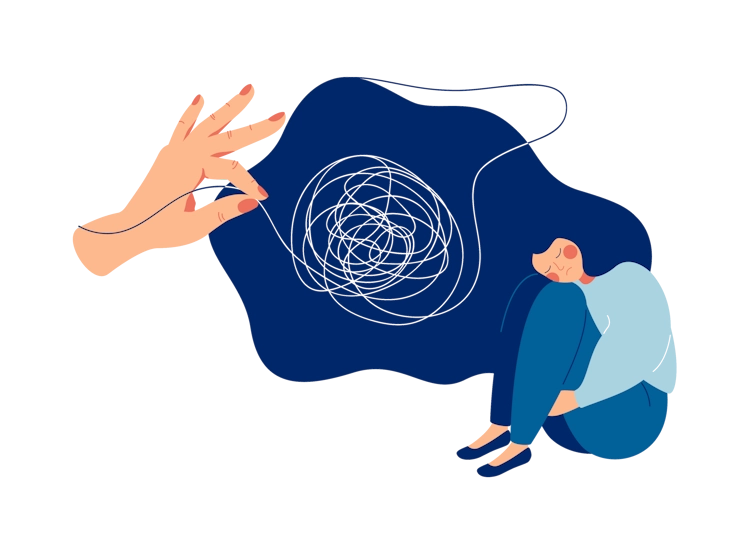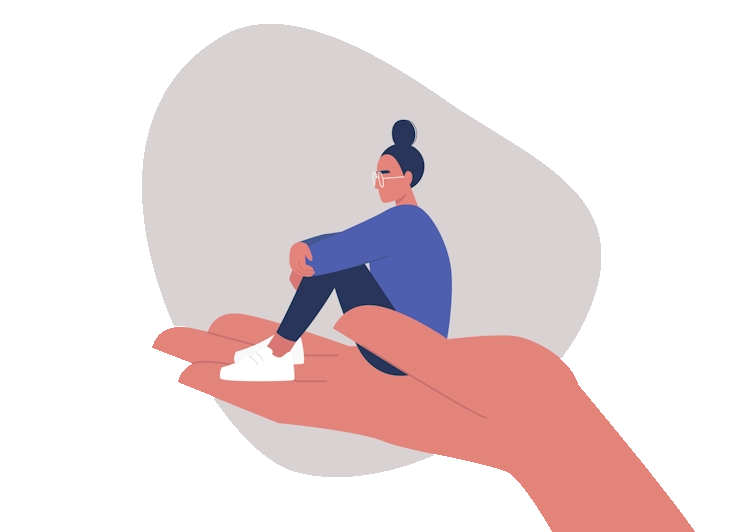
My Approach
At the heart of my therapy practice is an integrative, person-centred approach. This means that each of my counselling sessions are truly bespoke, giving us the freedom to explore different avenues and techniques to establish exactly what is right for you. I take the time to form trusting and meaningful relationships with each of my clients, and this is integral to a successful outcome.I am not here to advise you on what path to take. Instead, I will guide and support you to find your own insights, self-awareness, and strengths. This will allow you to make changes in areas that are holding you back and, ultimately, live life to your full potential.
I use a wide range of both traditional and leading-edge therapeutic techniques. I am experienced in therapies such as person-centred, gestalt, existential, and phenomenological, and during a session I may use techniques including CBT (Cognitive Behavioural Therapy) and creative interventions, if I feel they are appropriate for you.

What is Integrative Counselling?
Integrative Counselling brings together a whole host of different types of therapy, creating a well-rounded approach that’s unique to you and your needs. As an Integrative Counsellor, I take into account your specific circumstances and any influencing factors, and tailor my therapy practice accordingly. I understand that everyone is different, and what works for one client may not work for another. Find out more about Integrative Counselling here:
Find out more
